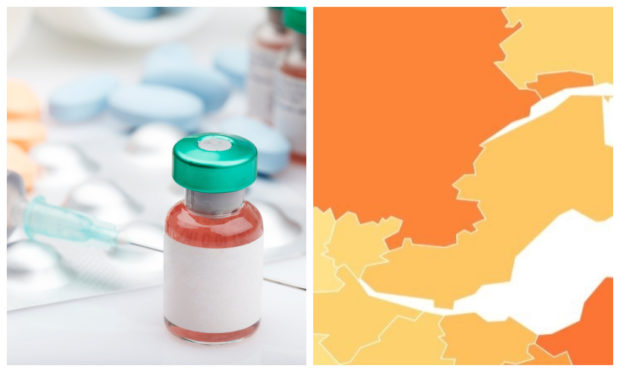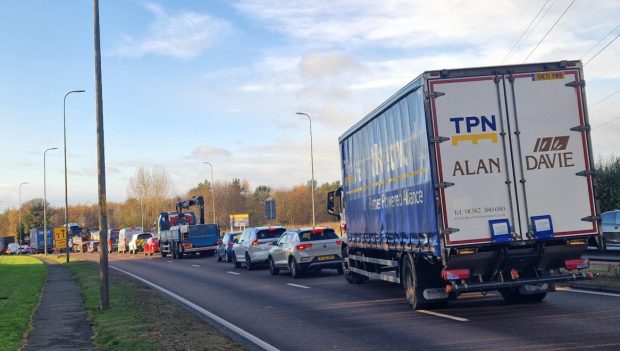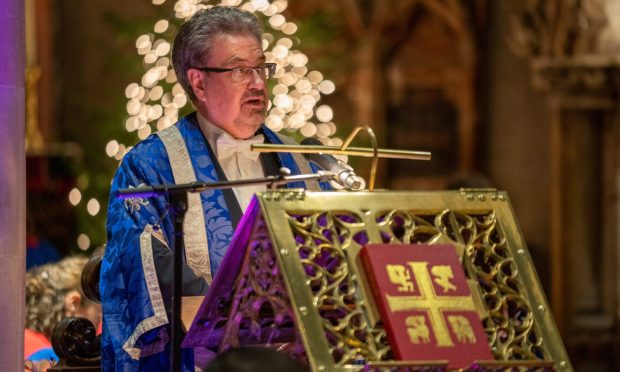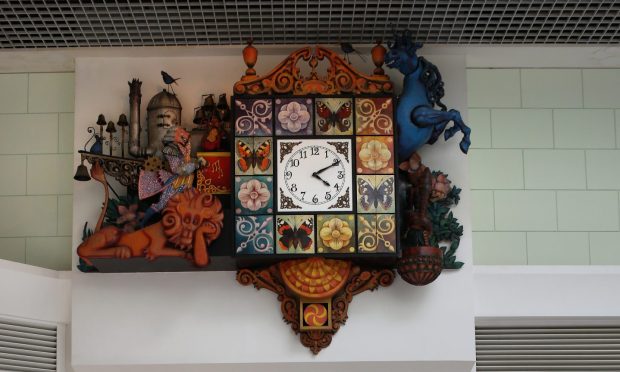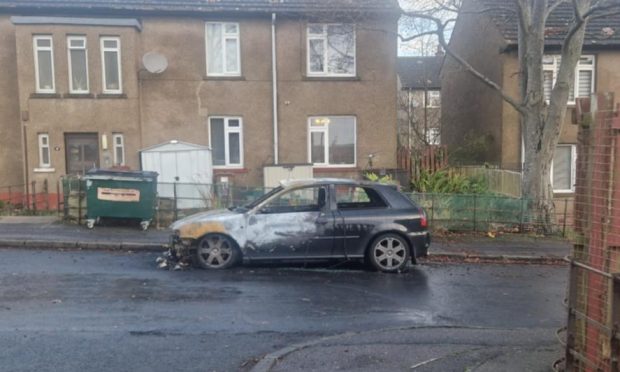Public health minister Joe FitzPatrick has promised there will be no complacency in the country’s drive to hit child immunisation targets.
Nationally the desired rates were achieved, however some local authority areas fell short of the 95% goal in key categories.
The map above shows that almost one in ten of two-year-olds in Dundee and more than 10% in Perth and Kinross had not received their measles, mumps and rubella (MMR) vaccine.
More than 10% of two-year-olds in Perth and Kinross had also not been been immunised against Haemophilus influenzae type b and meningococcal group C (HIB and MenC), Pneumococcal conjugate (PCV) and meningococcal B (Men B).
By the time children reach the age of six, uptake on vaccines is at a much higher rate both nationally and in Tayside and Fife.
Almost 99% of six-year-olds have been immunised against MMR in Dundee, along with 97% in Angus and just short of that rate in Fife and Perth and Kinross.

In Scotland as a whole, more than 96% of children aged six and above have been immunised against measles, mumps and rubella.
Mr FitzPatrick said: “Uptake rates of the MMR vaccine are high in Scotland – we have continued to exceed the 95% target and there is no evidence of significant transmission of measles in Scotland among infants or children in primary or secondary school.
“This reflects both the hard work and commitment of those working in the NHS and the recognition of the benefits of vaccination. However, we are not complacent and will continue to make every effort to promote and encourage childhood vaccinations.”
The uptake of vaccines worldwide has led to a drastic reduction in childhood death, statistics show.
For herd immunity to be effective, between 90-95% of the population needs to be immunised.
Professor Martin Marshall, vice-chairman of the Royal College of GPs, previously said a small decline across the UK in MMR uptake was as a result of “debunked claims” made up in the 1990s.
“While take-up of the MMR vaccination across the UK is still high, it is not high enough, and we have seen a small decline in recent years,” he said.
“It is clear that we are still suffering from entirely debunked claims around MMR that were perpetuated in the nineties – and are now resurgent on social media and other online platforms.”
NHS Tayside and NHS Fife did not respond to requests for comment.
